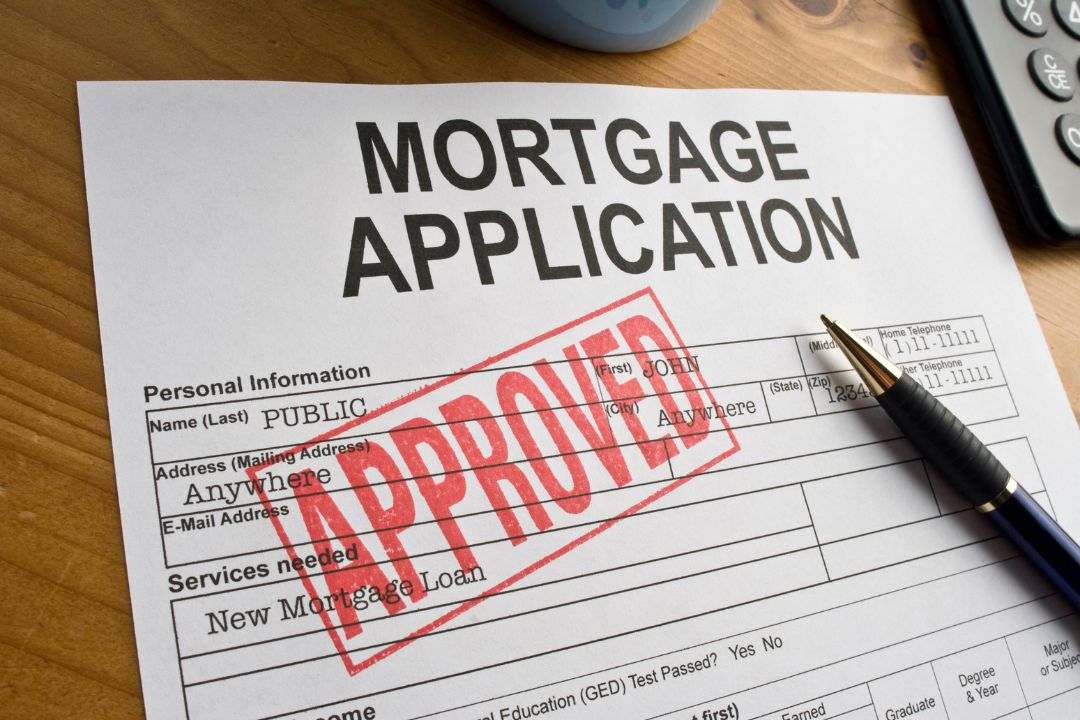As exciting as it is to find your dream home and apply for a mortgage, it can be disappointing to receive a rejection. The mortgage application process can be challenging, and there are various reasons why your application might get declined. In this article, we’ll explore the top reasons why your mortgage application could get rejected and what you can do to avoid it.
Table of Contents
- Introduction
- Insufficient Income
- Poor Credit Score
- High Debt-to-Income Ratio
- Inadequate Employment History
- Incomplete or Inaccurate Application
- Unstable Job or Income Situation
- Low Appraisal Value
- Property Issues
- Lender-Specific Requirements
- Conclusion
- FAQs
Insufficient Income
Your income is one of the most important factors that lenders take into account when reviewing your mortgage application. You must show that you can afford the mortgage payments. If you can’t, the lender may turn down your application. In some cases, you might be able to get a loan if you have a co-signer or can show proof of other ways to make money.
Poor Credit Score
Your credit score is an important extra factor that affects whether or not your mortgage application is accepted. A low credit score shows that you have a history of making late payments on debts or using your credit inappropriately. This might result in the denial of your application or higher interest rates. Checking your credit score is essential before applying for a mortgage and, if necessary, taking action to raise it.
High Debt-to-Income Ratio
Your debt-to-income (DTI) ratio is a measure of how much debt you have in relation to your income. If your DTI is high, you may be carrying too much debt and may find it difficult to make your mortgage payments. Most lenders have a maximum DTI ratio, and if you go over it, your application might be turned down.
Inadequate Employment History
If you’ve recently changed jobs or have employment gaps, it may be a red flag for lenders who prefer to see a stable employment history. It may be even more difficult to demonstrate a history of reliable income if you work for yourself. Additional supporting documentation, like tax returns or financial statements from a business, may be helpful in these situations.
Incomplete or Inaccurate Application
Your mortgage application may be rejected if you submit an inaccurate or incomplete form. You must make sure that all of the data you provide is true, complete, and current. Before submitting your application, make certain to double-check all the information.
Unstable Job or Income Situation
Your chance of getting a mortgage may be impacted if you work in a field with a high turnover rate or have an unstable financial situation, like being a freelancer. So that they know the borrower will be able to pay back the loan, lenders like to see a history of steady employment and income.
Low Appraisal Value
The property you’re buying serves as security for the mortgage, and the lender will determine its value before approving the loan. Your application might be turned down if the appraisal comes in below the purchase price. The purchase price can be renegotiated, or you can contribute extra money to make up the difference.
Property Issues
Your mortgage application might be turned down due to a number of property-related issues, including zoning issues, environmental risks, and legal wrangling. Before submitting an offer, it’s important to perform your due diligence and make sure the property is free of any problems that might affect the approval of your mortgage.
Lender-Specific Requirements
Your application might be turned down if you don’t meet the requirements that each lender has in place. Some lenders, for example, have a minimum credit score requirement, a maximum appraisal value, or a maximum DTI ratio. Find the best lender for your financial situation by doing a lot of research and shopping around.
Conclusion
Getting a mortgage is a big financial decision, so it’s important to know why your application might not be accepted. You can raise your chances of getting a mortgage approved by addressing these problems and making changes to your financial situation.
FAQs
Can I still get a mortgage with a low credit score?
Yes, it’s possible, but you might face higher interest rates or need a co-signer to qualify.
Can I use a gift as part of my down payment?
Yes, many lenders allow you to use a gift from a family member as part of your down payment.
Can I apply for a mortgage if I’m self-employed?
Yes, but you might need to show more proof of your income, like tax returns or financial statements for your business.
Can I still get a mortgage if I have a high DTI ratio?
It is possible, but you might have to pay higher interest rates or show more proof that you can afford the mortgage payments.
Can I negotiate the appraisal value?
Yes, you can try to renegotiate the purchase price or provide additional funds to make up the difference if the appraisal comes in lower than the purchase price.





